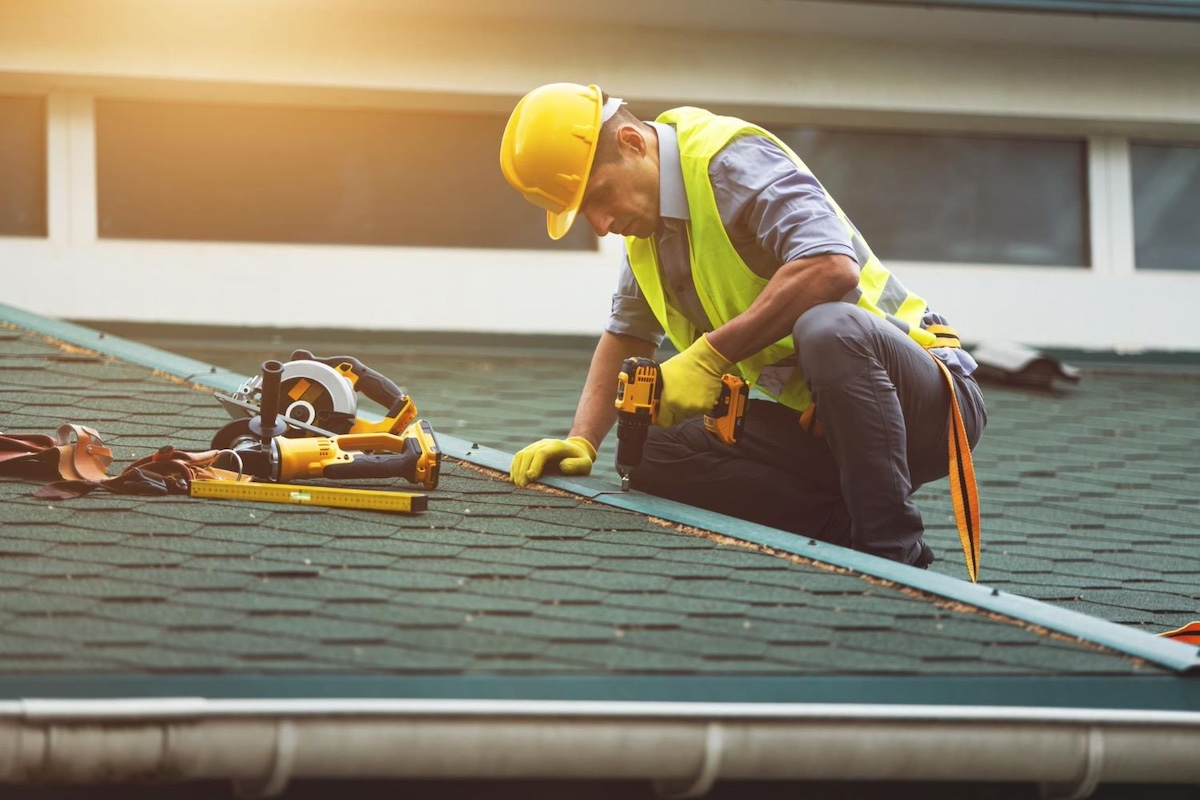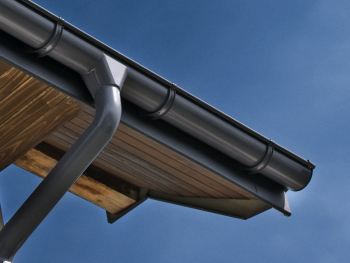When your roof is in need of repair, deciding whether to tackle the job yourself or hire a professional can be a daunting decision. Both options come with their own set of advantages and disadvantages, and the right choice for you will depend on various factors such as the extent of the damage, your skill level, and your budget. This detailed guide explores the pros and cons of DIY roof repairs versus professional services, helping you make an informed decision for your roofing needs.
1. Understanding the Scope of Roof Repairs
Types of Roof Repairs:
- Minor Repairs: Includes fixing small leaks, replacing a few shingles, or addressing minor damage to flashing.
- Moderate Repairs: Involves repairing larger areas of damage, such as significant shingle loss, small roof sections, or damage to the underlayment.
- Major Repairs: Entails extensive work such as repairing structural damage, replacing large sections of the roof, or addressing issues affecting the entire roof system.
Assessing the Damage:
- Visual Inspection: Begin with a visual inspection from the ground and, if safe, from the roof itself. Look for signs of damage such as missing or damaged shingles, leaks, and sagging areas.
- Professional Inspection: For a more accurate assessment, especially for major repairs, consider hiring a professional to conduct a thorough inspection.
2. DIY Roof Repairs
Pros:
- Cost Savings: DIY repairs can save you money on labor costs. If you’re able to complete the work yourself, you only need to cover the cost of materials.
- Control and Flexibility: You have full control over the project timeline and the methods used, allowing you to work at your own pace.
Cons:
- Safety Risks: Roofing repairs can be dangerous, especially if you’re not experienced. Falls and accidents are common risks associated with DIY roofing.
- Quality of Work: Without professional training, your repairs may not be as effective or long-lasting as those done by a skilled roofer. Improper repairs can lead to more significant issues down the line.
- Time-Consuming: DIY repairs can take a considerable amount of time, particularly if you’re unfamiliar with the process. This could lead to prolonged exposure to the elements for your home.
What to Consider:
- Skill Level: Assess your own skills and experience with roofing repairs. Minor repairs might be manageable for a DIYer with basic handyman skills, but more complex issues often require professional expertise.
- Tools and Equipment: Ensure you have the necessary tools and safety equipment. Specialized tools and safety gear may be required for effective and safe repairs.
Tips for DIY Repairs:
- Follow Safety Guidelines: Use proper safety equipment such as harnesses and ladders. Always prioritize your safety when working on the roof.
- Use Quality Materials: Ensure you use high-quality materials that match the existing roof to avoid issues with compatibility and performance.
- Consult Guides and Tutorials: Utilize online resources, guides, and tutorials to help you through the repair process.
3. Professional Roof Repairs
Pros:
- Expertise and Experience: Professional roofers have the knowledge and experience to handle a wide range of repair issues effectively. They are trained to identify and address problems that may not be immediately apparent.
- Quality Workmanship: Professionals ensure that repairs are done to industry standards, providing a more durable and reliable solution.
- Safety: Roofing contractors are equipped with safety gear and have the expertise to work at heights safely, reducing the risk of accidents.
- Warranty: Many professional roofing companies offer warranties on their work, providing you with peace of mind and protection against future issues.
Cons:
- Cost: Hiring a professional is generally more expensive than DIY repairs due to labor costs. However, this cost often reflects the quality and safety of the work performed.
- Scheduling: Professional services may require scheduling and may not be as flexible as handling repairs on your own.
What to Consider:
- Choosing the Right Contractor: Research and select a reputable roofing contractor with positive reviews, proper licensing, and insurance coverage. Verify their credentials and ask for references.
- Obtaining Quotes: Get multiple quotes to compare pricing and services. Ensure that the quotes include all aspects of the repair work, including labor and materials.
Tips for Working with Professionals:
- Communicate Clearly: Provide detailed information about the issues and your expectations. Clear communication helps ensure that the repair work meets your needs.
- Review the Contract: Read and understand the contract before signing. Make sure it outlines the scope of work, costs, and warranty details.
4. Making the Right Choice
Factors to Consider:
- Extent of Damage: For minor repairs, DIY may be a viable option. For extensive damage or complex repairs, professional help is usually the better choice.
- Budget: If cost is a major concern, consider the potential long-term savings of professional repairs versus the immediate savings of DIY.
- Safety and Skill: Evaluate your comfort level and skills with roofing work. If safety or skill is a concern, professional repairs may be the best option.
- Time and Convenience: Consider the time required for DIY repairs versus the convenience of having professionals handle the work.
Decision-Making Process:
- Assess the Damage: Start by assessing the extent of the damage to determine whether it’s a simple fix or a more complex issue.
- Evaluate Your Capabilities: Honestly evaluate your skills and resources for handling the repair work.
- Consider Professional Help: If in doubt, or if the repair work is beyond your capabilities, consult with a professional roofer for a detailed assessment and recommendation.
Deciding between DIY and professional roof repairs involves careful consideration of the damage, your skills, safety concerns, and budget. While DIY repairs can offer cost savings and flexibility, they also come with risks and limitations. Professional roofers bring expertise, quality workmanship, and safety, making them a valuable option for more complex or extensive repairs.




